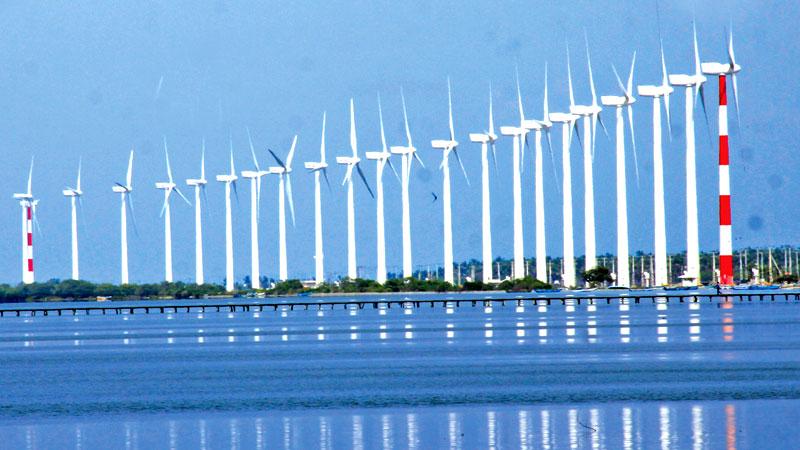
The Public Utilities Commision (PUCSL) will soon regulate the National Water Supply and Drainage Board (NWSDB) and the Ceylon Petroleum Corporation (CPC) as soon as the specific sector Acts are amended.
PUCSL Director General, Damitha Kumarasinghe said, the Commission will help regulate the price, cost and technical regulations, including the quality of the product and services provided.
Policy framework
Just as it does with the power sector, the PUCSL is to function as a watchdog to regulate the services provided by the CPC and the National Water Board.
The broadening and strengthening of the PUCSL is part of the policy framework of the National Policies and Economic Affairs Ministry, which called for a regulatory framework in the Progress Report for 2016 tabled in Parliament.
Elaborating further on the merger, Kumarasinghe said, it will enable more cost effective pricing for utilities and a transparent pricing mechanism.
“Sector specific Acts are needed for petroleum and water services to empower the Commission to regulate the two industries,” Kumarasinghe said, adding that amendments for CPC sector Acts were nearly finalized and could come into force within the next few months.
Chunnakam wind power gets cabinet approval
The Cabinet Appointed Procurement Committee has given approval to award tenders for the construction of two wind power plants, of 10 MW each, in Chunnakam, Mannar, in an attempt to ramp up the use of renewable energy to meet a looming energy crisis in the country.
The two plants were plagued in a controversy after the Ministry of Finance suspended the tender procedure earlier this year, citing errors in the document.
Speaking to the Sunday Observer, Secretary to the Ministry of Power and Energy, Dr. Suren Batagoda said, tenders for the Chunnakam Wind Power Project were called three times and halted. President Maithripala Sirisena who had got to know of the delay convened a meeting where he issued a directive in June this year to proceed with the tenders which were already called.
The procurement committee had received 70 international bids for the two 10mw wind power plants. Last week, responding to a proposal by Minister of Power and Renewable Energy, Ranjith Siyambalapitiya, the Cabinet reached a decision to approve the construction of both plants. It was also noted that a large portion of the electricity requirement could be met with solar and wind power.
The PUCSL has been stressing the need for a proper implementation plan, in line with the approved Least Cost Long Term Generation Plan. The CEB is yet to furnish a detailed plan which would also include the two wind power plants in Jaffna.
The PUCSL and the Energy Ministry have repeatedly warned of an impending power crisis in 2018 unless immediate steps are taken to set up more plants.
The current installed capacity is 3,900 MW and total installed capacity is expected to be 4,955 MW by 2020. As per the CEB’s prediction, Sri Lanka’s electricity demand is expected to grow by 5.3 percent on an average, during the period, 2015 – 2034. In addition, the peak demand is expected to grow by 4.7 percent on an average
No legal barriers for consumers selling solar power
The PUCSL in a historic move has removed legal barriers that previously prevented consumers from selling excess power generated from solar systems to the national Grid. The PUCSL has proposed to exempt consumers from obtaining a licence to sell electricity.
Minimize barriers
According to the Electricity Act in force, no party is allowed to generate and sell electricity to the national Grid unless a licence is granted by PUCSL. With the new decision, any consumer can safely instal a solar system at their residence/premises and sell the electricity, based on an agreement which can be signed between the consumer and corresponding licence holder (either CEB or LECO).
“By granting the exemption, we are planning to minimize barriers, and encourage household rooftop solar systems,” Damitha Kumarasinghe, said. “This will offer a better opportunity for electricity consumers to access the environmentally friendly and renewable sources of electricity for a reasonable investment,” he added.
A communiqué issued by PUCSL says, the decision “has come at a time where the promotion of generation of electricity through renewable sources has become a major focus of the government, as well as, private sector investors.”
The government is currently in the process of implementing the ‘Soorya Bala Sangramaya’, (Solar Power Battle) a solar power generation project meant to encourage consumers to generate electricity for their households.
